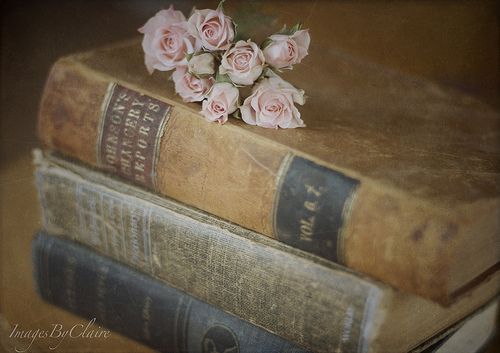
I have several friends who were making lists of this sort, so I thought I'd jump on the bandwagon!
The Faerie Queene Book 1 - Edmund Spenser
Songs and Sonnets of John Donne
Tales of Mystery and Imagination - Edgar Allen Poe
A Connecticut Yankee in King Arthur's Court, The Prince and the Pauper, Short Stories - Mark Twain
Beowulf - Anonymous
Old Possum's Book of Practical Cats, Four Quartets, The Journey of the Magi, Christianity and Culture, - T.S. Eliot
The Confessions, City of God - St. Augustine
The Divine Comedy - Dante
Alice in Wonderland, Through the Looking Glass - Lewis Carroll
Peter Pan - J.M. Barrie
Wind in the Willows - Kenneth Graham
A Midsummer Night's Dream, The Taming of the Shrew, King Lear, The Tempest, Macbeth, Hamlet, Sonnets - William Shakespeare
On Virtue - St. Thomas Aquinas
Proslogium, Monologium, Cur Deus Homo - St. Anselm
After Virtue - Alasdair MacIntyre
The Silmarillion, The Hobbit, The Lord of the Rings, The Children of Hurin, The Unfinished Tales - J.R.R. Tolkien
The Wonderful Fool, The Samurai, Silence - Shusaku Endo
Dracula - Bram Stoker
Metaphysics, Nicomachean Ethics, Poetics, Politics - Aristotle
The Republic, Timeaus - Plato
Mere Christianity, Screwtape Letters, The Chronicles of Narnia - C.S. Lewis
Treasure Island, The Black Arrow, Dr. Jekyll and Mr. Hyde - Robert Louis Stevenson
Hard Times, A Christmas Carol - Charles Dickens
The Consolation of Philosophy - Boethius
Frankenstein - Mary Shelley
Any Mythology, but especially Norse and Celtic (and Japanese)
Paradise Lost - Milton
The Bible (especially Job, Hebrews, Romans, 1 Corinthians, Genesis, John, and James)
Harry Potter (I had to do it)
The Mabinogian, The Death of Arthur (Mallory), Arthurian Romances (Troyes), The Once and Future King (T.H. White), and any other Arthuriana
Fairy Tales (Especially Grimm Brothers and Hans Christian Anderson)
Total Truth, Saving Leonardo - Nancy Pearcey,
The Knight's Tale - Chaucer
The structure of Scientific Revolutions - Thomas Kuhn
The Father Brown Stories, The Man Who Was Thursday - G.K. Chesterton
Foxe's Book of Martyrs
Total Truth, Saving Leonardo - Nancy Pearcey,
The Knight's Tale - Chaucer
The structure of Scientific Revolutions - Thomas Kuhn
The Father Brown Stories, The Man Who Was Thursday - G.K. Chesterton
Foxe's Book of Martyrs
There are probably a billion other books that deserve to be on this list, but for today these are the ones I find to be the most important for everyone to read (/ these are the ones I like best).

